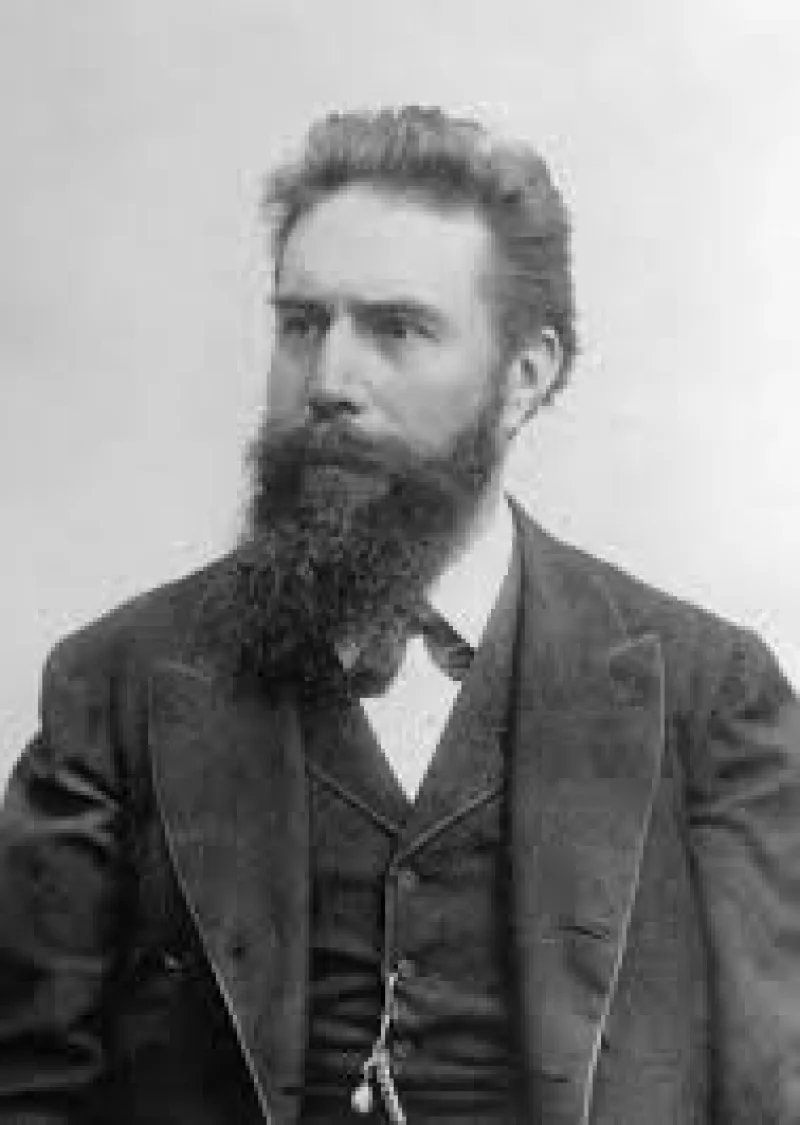Short Summary
Nathaniel Alexander was an influential figure in early American politics, known for his notable contributions to the state of North Carolina. He served as the Governor of North Carolina from 1805 to 1807 and was also a member of the United States Congress. His legacy is marked by his dedication to public service and his efforts to improve the infrastructure and educational system of his state. Nathaniel Alexander remains a significant historical figure due to his political leadership and commitment to the development of North Carolina.
Early Life & Education
Nathaniel Alexander was born on March 5, 1756, in Mecklenburg County, North Carolina. He hailed from a prominent family with strong ties to the early history of the region. His educational pursuits took him to the College of New Jersey, which is now known as Princeton University, where he graduated in 1776. His early life was shaped by the revolutionary spirit of the time, with the American Revolution exerting a significant influence on his formative years. Alexander’s education and upbringing prepared him for a life of public service and leadership, setting the stage for his future political career.
Career Highlights
Nathaniel Alexander's career was marked by a series of important roles in both state and national politics. He began his public service as a delegate to the North Carolina state convention in 1788, where he was involved in the ratification of the United States Constitution. He later served as a physician during the Revolutionary War, demonstrating his commitment to the cause. His political career advanced when he was elected to the United States House of Representatives, where he served from 1803 to 1805. He subsequently became the Governor of North Carolina, a position he held from 1805 to 1807, where he focused on infrastructure and education reforms.
Major Achievements
- Governor of North Carolina: Served as the state's governor from 1805 to 1807, focusing on infrastructure and education.
- U.S. Congressman: Represented North Carolina in the United States House of Representatives from 1803 to 1805.
- Constitutional Delegate: Participated in the North Carolina convention for the ratification of the U.S. Constitution in 1788.
- Revolutionary War Service: Served as a physician during the American Revolutionary War.
Famous Quotes
- Unfortunately, there are no widely recorded quotes attributed to Nathaniel Alexander.
Interesting Facts
- Nathaniel Alexander was a practicing physician before entering politics, reflecting his diverse skill set.
- His family was among the early settlers of the Mecklenburg County area, contributing to his strong local roots.
- Alexander was a graduate of Princeton University, one of the leading educational institutions of the time.
Legacy / Influence
Nathaniel Alexander's legacy is primarily associated with his contributions to North Carolina's political and social infrastructure. His tenure as governor was marked by efforts to improve roads and schools, laying the foundation for future development in the state. His dedication to public service and his role in shaping early American governance continue to be recognized by historians, highlighting his lasting impact on North Carolina’s growth and governance.
FAQ
Q: Why is Nathaniel Alexander famous?
A: He is known for being the Governor of North Carolina and serving as a U.S. Congressman.
Q: What contributions did he make as governor?
A: He focused on infrastructure improvements and educational reforms.
Q: Did he serve in the military?
A: Yes, he served as a physician during the American Revolutionary War.
Q: What was his educational background?
A: He graduated from Princeton University in 1776.











